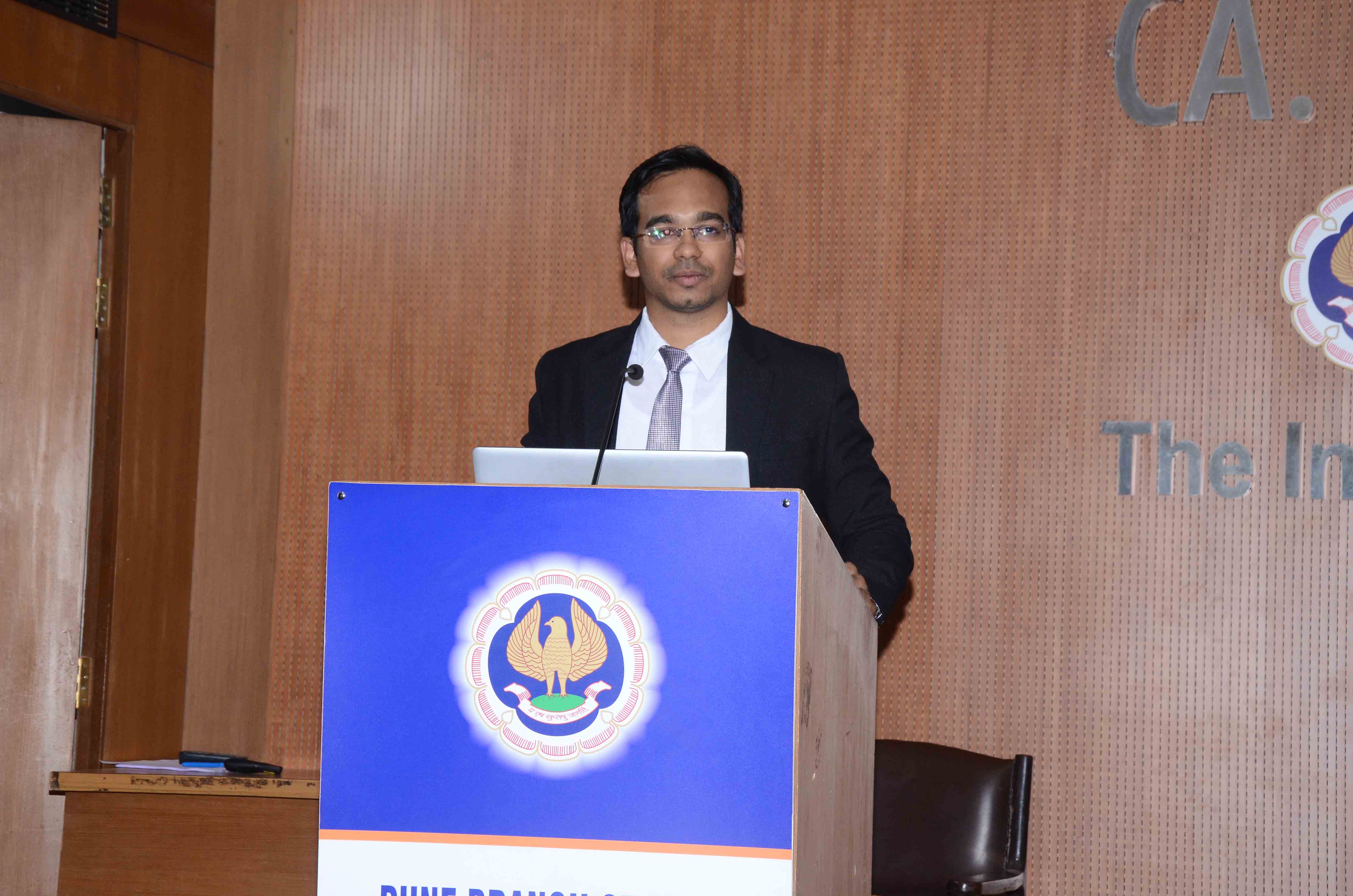Case Law Details
Case Name : Meenakshi Dhanaji Patil Vs ITO (ITAT Pune)
Related Assessment Year : 2011-12
Become a Premium member to Download.
If you are already a Premium member, Login here to access.
Sponsored
Meenakshi Dhanaji Patil Vs ITO (ITAT Pune)
Assessing Officer can make `other addition’ in the reassessment proceedings, provided, the `foundational addition’ is made. When this proposition is taken to a next level, no different consequences will emerge, if the `foundational addition’ is itself finally deleted in an appeal. In such a scenario, the `other addition’ made by the Assessing Officer would automatically cease to stand in isolation. This view has been affirmed by the Hon’ble jurisdictional High Court in
Please become a Premium member. If you are already a Premium member, login here to access the full content.
Sponsored
Kindly Refer to
Privacy Policy &
Complete Terms of Use and Disclaimer.





